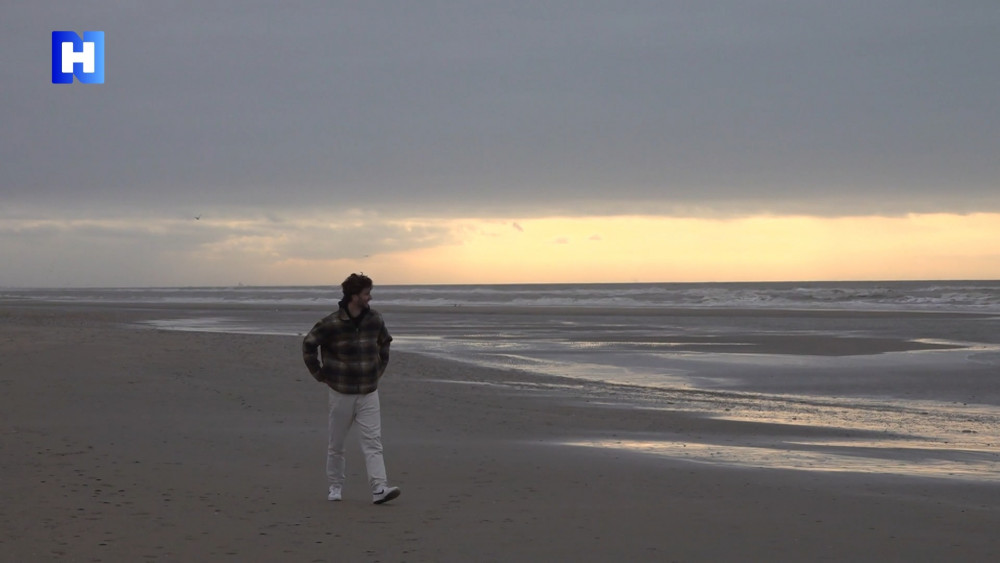At midnight on Thursday, the letters from the “Moscow House” were symbolically removed in the center of Riga. The branch of the capital of the aggressor state with all the coat of arms of Moscow is now a thing of the past. The building was taken over by the Latvian state under a special law. And recorded in the land register in the name of the Ministry of Transport.
Another phenomenon that reminds us of Russia’s presence every day should disappear from our streets – cars with Russian license plates. Since the fall of last year, such cars have been prohibited from entering the European Union when crossing the Latvian-Russian and Latvian-Belarus border. During this time, there have been 16 attempts to violate it, the program “Nothing personal” was informed by the Customs Administration. However, there is no control on the internal borders of the European Union, so it is not possible to check how long the vehicle has been in Latvia.
In September, the European Commission published an explanation of the regulation on restrictive measures related to Russian actions that destabilize the situation in Ukraine.
The explanation states that member states should not allow cars registered in Russia into the territory of the European Union, as this is considered a violation of sanctions. The ban applies not only to commercial vehicles, but also to private vehicles. A few days later, the commission added explanations, emphasizing that the proportional application of sanctions is up to each member state.
In addition to the Baltic States, the entry ban for cars with Russian license plates is currently imposed by Poland, Finland, Bulgaria and Norway. Germany is already confiscating such cars. Russian Foreign Minister Sergey Lavrov called the European Union’s ban an expression of Nazism.
Content continues after commercial
Advertising
In autumn, Latvia adopted a law that prohibits cars with Russian license plates from moving on Latvian roads. If the law is broken, the car can be confiscated. The amendments to the law provided for a three-month transitional period, during which cars with Russian license plates must be re-registered or driven.
In November, all deputies voted for, except for the party led by Aleksei Roslikov. “Latvija First” abstained from the vote.
Alexey Roslikov (For stability!)
Member of the Saeima
I think that private transport, especially for people who are outside Russia, who probably don’t want to be there, they have no responsibility for what happens in their native land. Therefore, to touch private property, to people who have also fled their country, in my view is a rather strange way to undermine or impress our neighbor.
On the other hand, the member of the Saeima Vilis Krištopāns (Latvia in the first place) stated: “I know quite a few big businessmen who are not “Putinists” at all and drive, drove such cars. They probably changed the numbers now and… It’s such a political act. Say, let’s re-Russian Latvia, if. [“Nekā personīga”: Eiropas regula attiecas uz visām Eiropas valstīm. Tai skaitā Latviju.] Well, will remove those numbers. There wasn’t much of that car. Where is the problem?”
Maris Kučinskis (Joint List)
Member of the Saeima, former Minister of Internal Affairs
Such driving of the Russian license plate as it was, first of all, showed the powerlessness of the country to do anything, secondly, if we are honest, it propagated the war, to a greater or lesser extent.
This month, cars registered in Russia must either leave our country or get them re-registered at CSDD. So far, re-registration has been carried out for about half a hundred vehicles.
2024-02-04 18:33:04
#vehicles #previously #registered #Russia #reregistered #period

